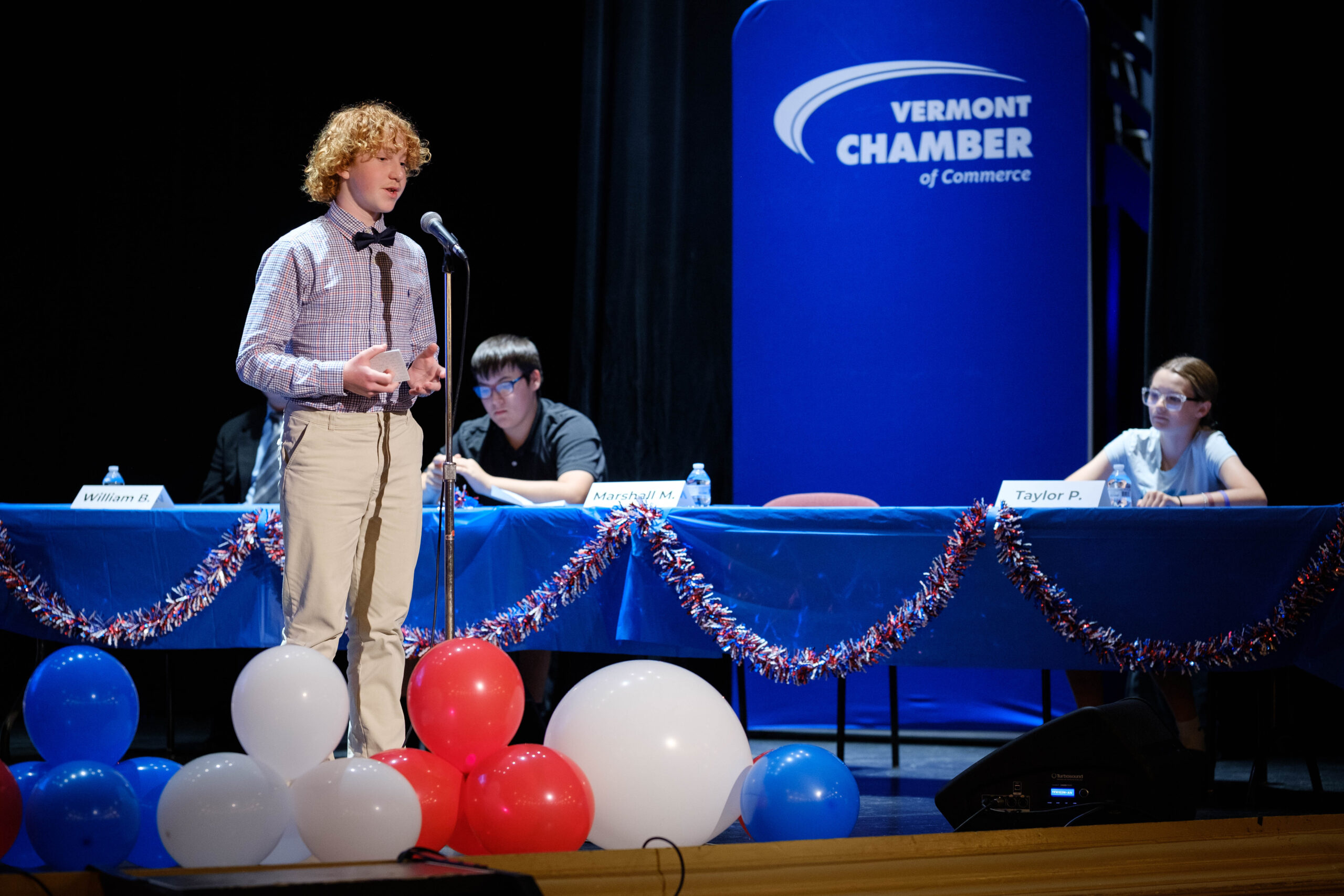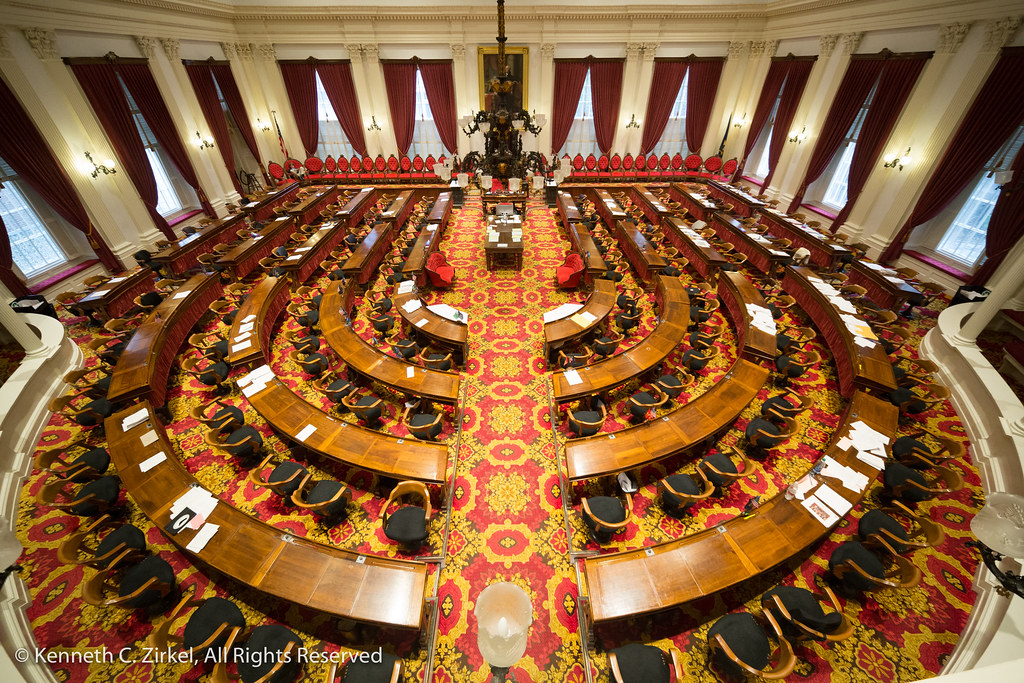Economic and Workforce Development Bill Passes Despite Veto Concerns
The House and Senate passed a $99.5 million economic and workforce development bill, sending it to the Governor’s desk. For the over 100-page omnibus bill, the Conference Committee put in long hours and late nights to reach a compromise, including a $19 million VEDA forgivable loan program with a cap of $350,000 or six months of operating expenses, and an eligibility criteria based on at least a 22.5% reduction of adjusted net operating income during 2020 and 2021 combined. The bill includes $9 million in creative economy grants and a total of $10 million for the Community Recovery and Revitalization Grant Program, which expands eligibility for nonprofits and municipalities doing infrastructure improvements and community development activities. However, the bill only includes a little over $3 million for relocation incentives and nothing for recruitment marketing, which was a priority for the Governor.
The minimum wage hike was deleted from the bill, but the unemployment insurance supplemental benefit provision remained and became even more onerous and expensive for the Department of Labor to administer. Beginning July 1, 2022, the maximum weekly benefit would increase by $60, then sunset in three years or when $8 million is drawn down from the UI Trust Fund. At that point, the benefit would increase by $25 until an additional $92 million is drawn down from the UI Trust Fund. The bill optimistically contains plans for the Department to meet this goal ahead of schedule, which the Department repeatedly testified is not feasible.
The Vermont Chamber worked closely with the committees of jurisdiction and the administration to ensure businesses will receive the support they need to recover. While many of our priorities were addressed, the bill contains absolutely no plan to recruit workers to Vermont, a glaring omission amid the severe labor shortage. Due to this exclusion, the Governor’s veto threat lingers as legislators adjourn.
SHARE THIS ARTICLE
RECENT NEWS



